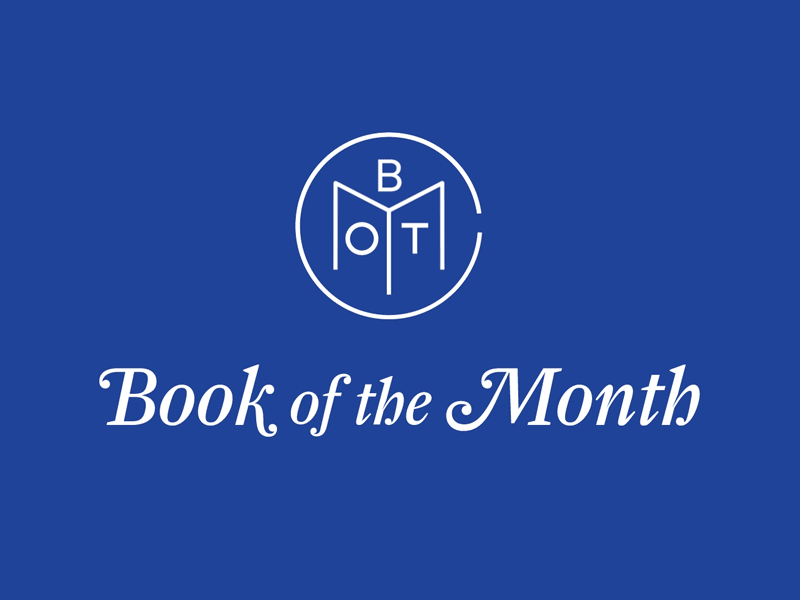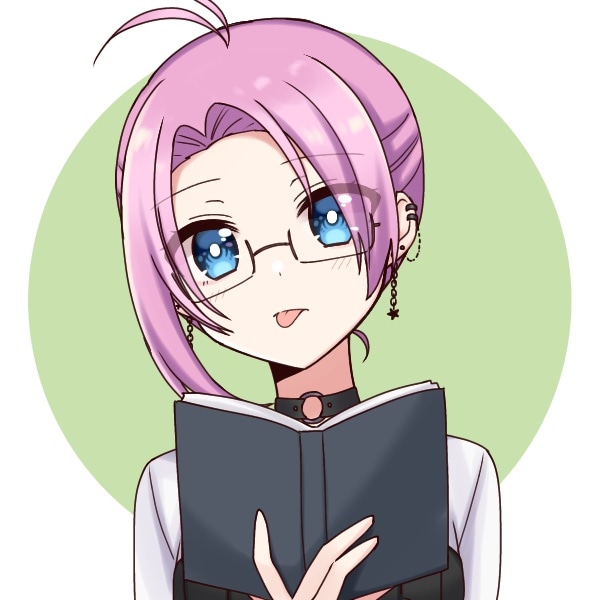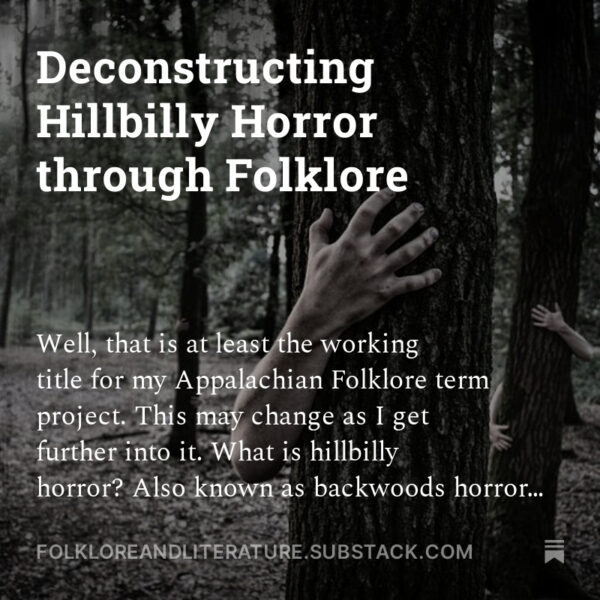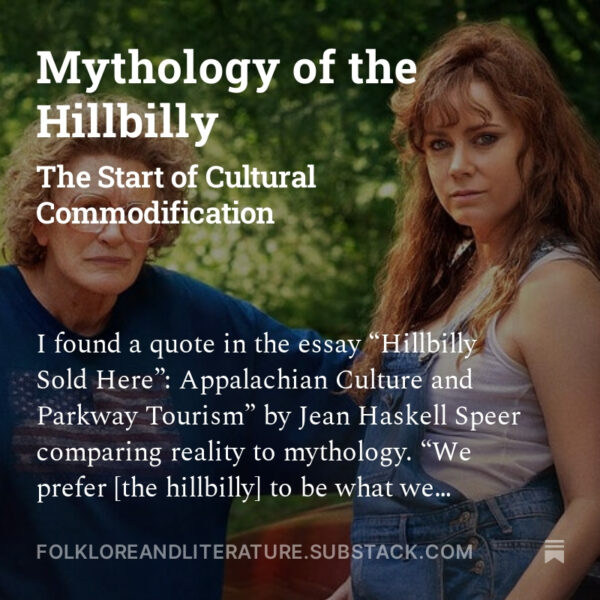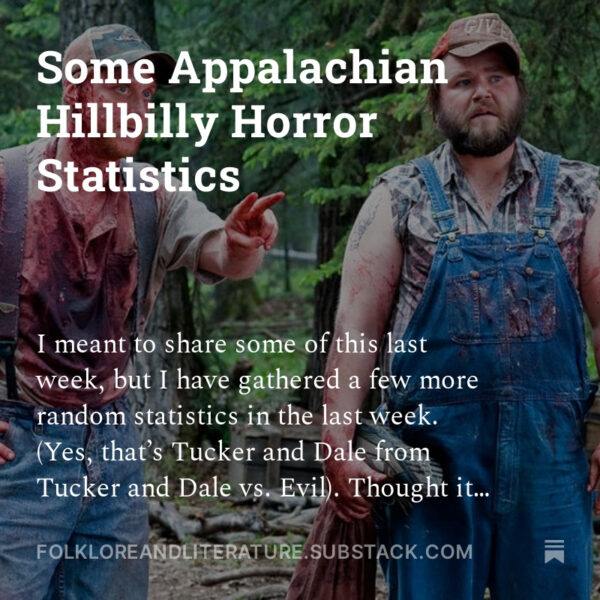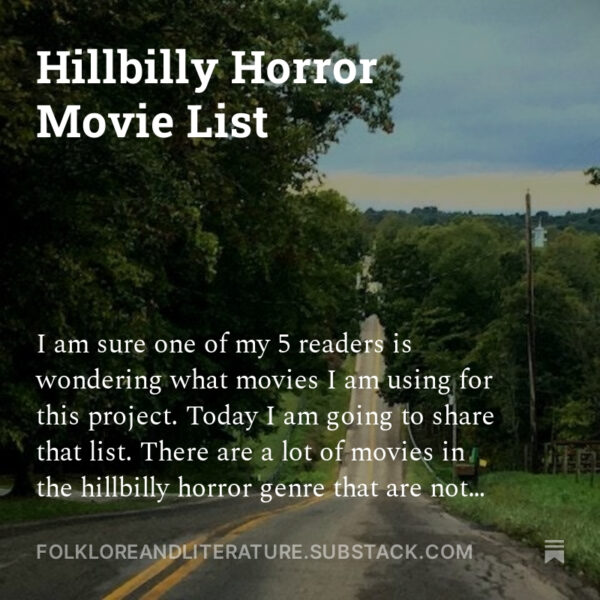Why We Need Queer Literature
Confession time. I have not always been comfortable with reading LGBTQ+ books. I also was not comfortable with reading romance novels marketed to black people. My thought process was “This wasn’t written for me.” No matter how interesting the book sounded, I would put it back. I thought I would be judged, or worse, called out for some kind of appropriation. After all, it was someone else’s culture. At the time, if someone had confronted me and asked why a white woman was reading African American literature, I would not have been able to give answer.
This was not my only issue. The other issue has to do with what I am and am not comfortable with. I did not want to risk reading something where there might be a sex scene. Romance and erotica are genres I do not normally read. That is not to say I do not read them. They are just on the bottom of the list somewhere after mirror test research on pigeons and country music increasing the chances of suicide in at risk people. The bottom line is sex jokes annoy me and I do not even want my closest friends talking to me about their sex lives. What people do in the bedroom is a private matter. It makes me uncomfortable hearing intimate details that are really none of my business. Obviously, this translates to me just not wanting to read sex scenes in general. I tend to skip over them in books.
In a conversation with a gay friend, he told me he did not know many gay people. I thought about my friend group and the people I knew. Most of them were gay or transgender. Enrolling in university I made even more friends with LGBTQ+ people.
One of my creative writing professors only assigned gay and transgender literature. I loved everything they gave us to read. I told the professor they picked the best literature for us to read, and I meant it. I just needed someone to open the door for me and “It’s okay to read this.” I can tell a similar story about the African American professor I had for several literature classes. I just needed to know someone was not going to hassle me over what I was reading.
I learned something important through this. What I read mattered. It was not enough that I had always been an avid reader. I never gave a second thought to who authored the books. The author was not important to me. I just did not care. All I cared about was if the book sounded interesting. Authors are important. Who they are is reflected in their work. In a book on writing advice Chuck Palahniuk, the author of Fight Club, stated that no two people walk into the same room. An architect is going to see something different than a plumber or an electrician. In the same way sexuality, skin colour, ability, and even religion is going to change how someone sees the world.
We need to see the world through the eyes of others. Especially marginalized people. Reading a book writing by a gay author with gay characters shows us their world. This is so important.
Let us look at Frank Herbert’s Dune momentarily. Baron Harkonnen is the only gay character, and the epitome of homophobia of the time. Harkonnen was written in such a way that it was obvious he was the protagonist. Everything about him was supposed to be repulsive, including his sexuality. Not only is he gay, but he is also a rapist, and an incestuous pedophile. Herbert went out of his way to demonize Harkonnen for as many things as possible from his weight to his sexuality. The 1984 movie adaptation did the character no favours. It is safe to say Herbert did indeed feel this way about gay people. He never accepted his son Bruce was gay. When Herbert’s wife was dying, Bruce was forbidden to visit him mother on her deathbed to say goodbye.
This trope of the gay man as the villain was problematic then, and it’s problematic now as it continues. The problem with straight people writing LGBTQ+ characters is they do not know what it is like to be queer. What they know is at worst based on stereotypes and at best stories a friend told them or from research. The problem with the second, is it leads to conjecture and a filling in of the blanks in a way that may or may not be accurate.
For this reason, we need queer stories by queer authors. We need them to tell their stories where we know their truth, not the cultural stereotypes so many accept as truth. Anti-queer religious rhetoric needs to be challenged. Just because something is a religious belief, does not mean that it is right. For those that want to throw around the idea from Leviticus that man shall not lay with man as he does women, I challenge you to learn Hebrew and translate that verse for yourself. It has nothing to do with gay sex and everything to do with incest.
Queer youth need to see representation of themselves. It helps them see themselves as normal. Banning books because for the discussion of LGBTQ+ issues is not helping anyone. Consider for a moment that suicide is the second leading cause of death of people between the ages of 10 to 24, and those who are gay are 4 times more likely to attempt/commit suicide. The number is slightly higher for transgender youth. This is a national health crisis that has long been ignored. If reading a book that normalizes being LGBTQ+ or answers questions can save the life of just one young person, that book is worthwhile. And yet these books are being taken away. Banning those books erases representation and sends the message that LGBTQ+ people off all ages do not matter.
We need queer books. We need the history and the voices of the LGBTQ+ community. More important, we need to read and listen to those stories without judgement. I can open at least a million books and see myself represented. Gay and transgender people deserve the same. My friend’s stories deserve to be told and heard.










